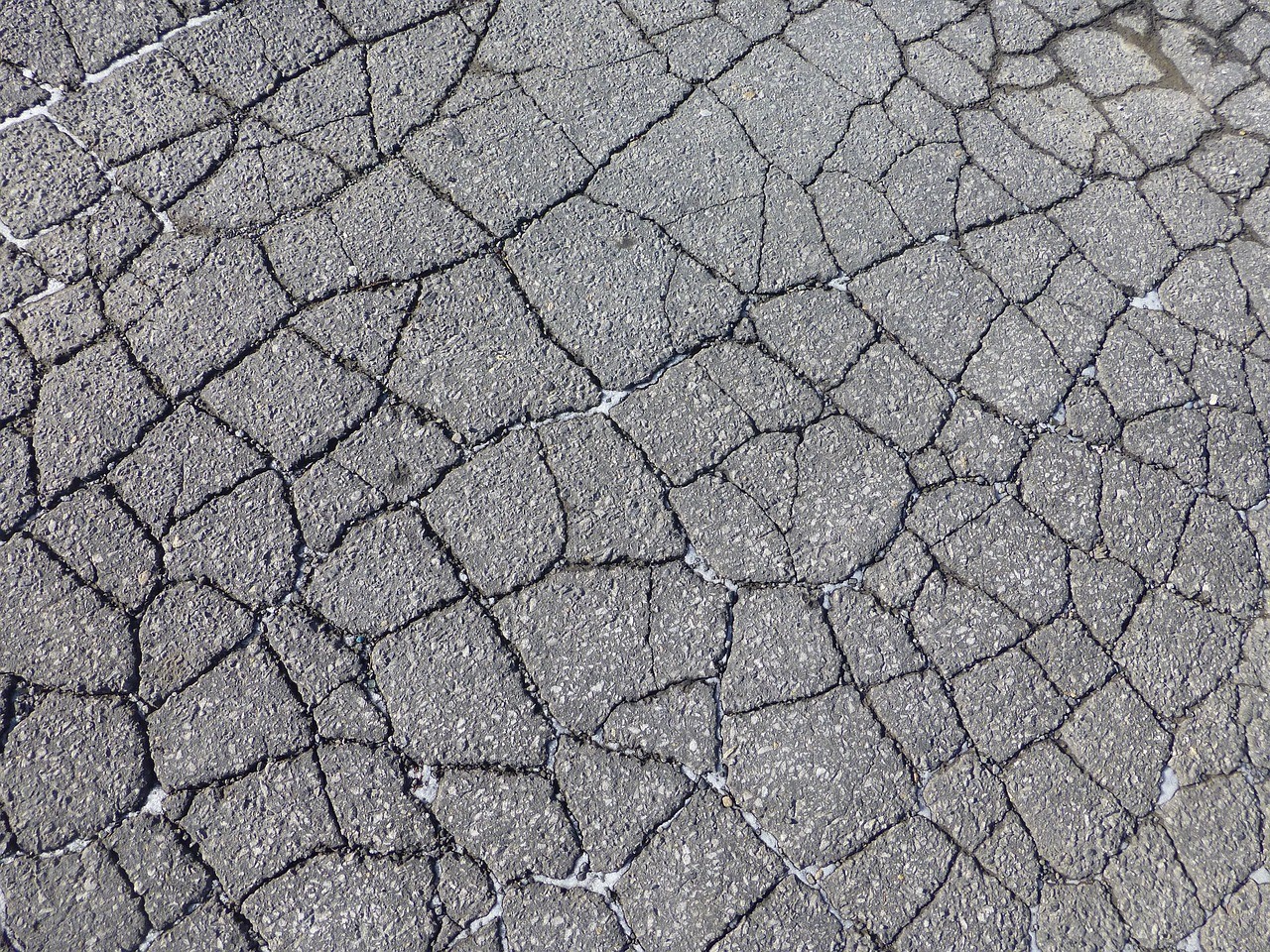The existence and quality of a parking lot can make a huge difference for any business. In fact, the tech-data company INRIX performed a large survey with consumers that showed that over 60% of people in the US choose to not visit certain destinations because of challenges surrounding parking - this includes shopping centers / stores, airports, sporting events, and even doctor's offices. Obviously, this has a very legitimate impact on local businesses. And a fact of the matter is... simply having a parking lot isn't the only factor. As parking lots age, especially large ones that experience heavy use and are more cumbersome to maintain, certain signs of deterioration are common - think potholes, cracks, faded lines, and sinking areas. These things are more than an eyesore that detracts from the aesthetic of your property, they can also cause issues for vehicles and in turn disrupt the usability and appeal of your parking area. This is where something like parking lot resurfacing can make a big difference.
If you're at this point with your own parking lot, you may be worried about the costs and time involved in doing something about it. But, don't get ahead of yourself - it's very possible that your lot isn't totally lost, and the remedy could be more affordable and easier than you expect. It all comes down to this age-old question about aging asphalt surfaces:
Should I Repair, Resurface Or Replace My Asphalt?
Well, first of all let us distinguish between these things.
What does basic asphalt repair cover?
Basic asphalt repair and maintenance mainly involves preventative measures - it includes the small things you can (and should) do on at least an annual basis to deal with the fledgling signs of deterioration before they become bigger, more expensive issues. Asphalt repair involves things like crack filling, pothole repair and infrared patching - all things that we recommend doing as soon as you start to see signs of deterioration such as (seemingly) small cracks, holes, etc.
You can read our asphalt maintenance plan and best practices to get an idea of what maintenance measures you should be doing consistently as well as when and how often to do them. That said, sometimes things may just get out of hand or your lot may have just gotten old enough that the foundation is going bad - in this case general repairs just won't do the trick. When you start to see larger signs of deterioration, it may be time to consider asphalt parking lot resurfacing or repair. But what's the difference and which one is best for your needs? Let's dig into it.
What is asphalt resurfacing? Is it difference from replacing asphalt?
If your parking lot has deteriorated beyond the point of basic repairs, asphalt resurfacing is the next possible step and the one you'll hope for - that is, because it's cheaper. Asphalt resurfacing - also known as asphalt overlay - involves putting a fresh layer of asphalt over the existing surface and has nothing to do with the foundation of your pavement.
Replacing asphalt is different in that it involves completely removing the existing surface and laying an entirely new foundation on top of which a new asphalt layer will be added. As you can imagine, replacing involves more work and is therefore more expensive than resurfacing.
When is parking lot resurfacing the right option?
As we've made clear up to this point, resurfacing a parking lot is the middle of three options depending on the condition of your pavement. If your parking lot is relatively new and you're just starting to see signs here and there of deterioration, you can try basic asphalt repair and maintenance first (again, we recommend performing basic maintenance on an annual schedule).
If the deterioration of your pavement is more widespread, however, it may be time to consider a more involved approach. Asphalt parking lots will typically last 2-3 decades (sometimes much more if maintained well), so if your parking lot is less than a couple decades old it's likely that your foundation still has some life in it. As long as your parking lot is less than 2 decades old, the damage is affecting less than 1/3 of the whole lot, and your cracks aren't wider than a quarter inch or deeper than a couple inches, resurfacing is likely the right option. Asphalt parking lot resurfacing is less costly than a full replacement, and can extend the life of your pavement by as much as a decade, give or take a few years.
On the other hand, if you're seeing signs that your foundation is past the point of no return such as large patches of alligator cracking, then resurfacing may not even work. If your lot is older than 2 decades, the damage is extremely widespread (think alligator cracks) over more than 1/3 of the pavement, or the cracks are wider and deeper than a quarter inch, then the only remaining option is a full parking lot replacement.
Call In The Asphalt Experts
If you know your asphalt parking lot needs some work but aren't sure what the correct and most cost-effective solution is, you can reach out to us here at High Quality Asphalt & Concrete for an honest expert opinion. We offer free quotes for parking lot repair in Denver, so if you're considering repair or resurfacing for your lot don't hesitate to reach out today.
